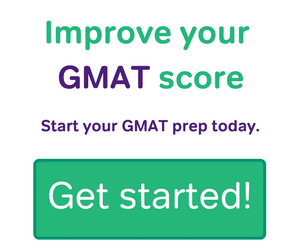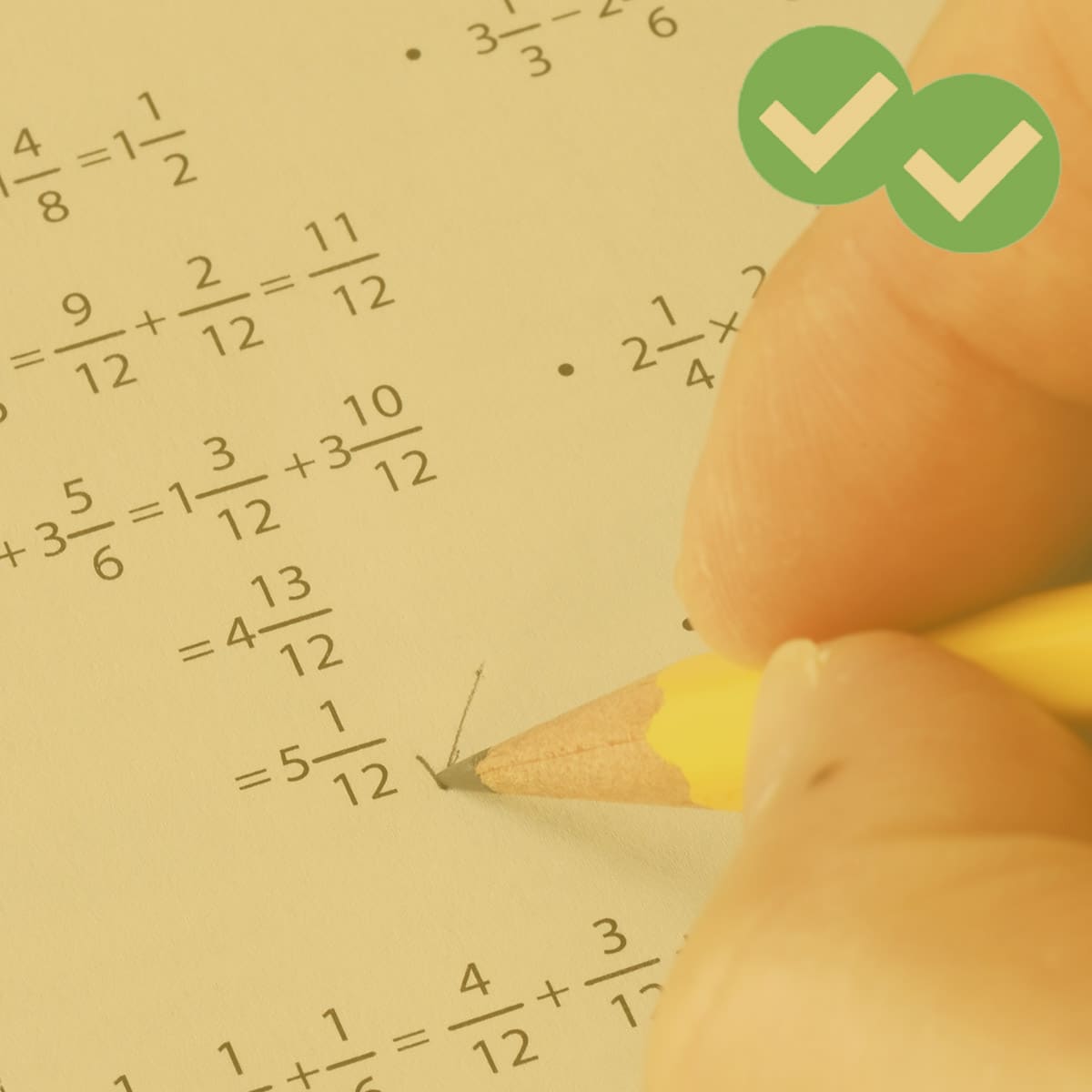Consider the difference between these two seemingly similar questions:
1) According to the passage, Company X’s revenue has declined over the past five years because of
(A) the advent of new competitors with a technological edge
(B) the rising cost of raw materials
(C) gross misspending at the managerial level
(D) a combination of rising taxes and fees
(E) the public’s declining interest in this particular product.
2) The passage implies that Company X’s revenue has declined over the past five years because of
(A) the advent of new competitors with a technological edge
(B) the rising cost of raw materials
(C) gross misspending at the managerial level
(D) a combination of rising taxes and fees
(E) the public’s declining interest in this particular product.
Obviously, we can’t actually answer either of these, because we don’t have a passage here. The point is to discuss strategy.
Questions About What is Said
The GMAT Reading Comprehension will ask you global questions (i.e. about the whole passage) and specific questions (focusing in one line or one detail). Some specific questions — in fact, perhaps the single most common question — contains words like “According to the author . . .” or “According to the passage . . .”These are questions asking you for what the author actually and literally said. For example, if one sentence in the hypothetical passage says: “Although Company X had been a model of efficiency for decades, its revenues after 2002 fell as new competitors, armed with the latest digital technology, claimed ever greater portions of the available market.” Here we have a sentence that literally says “revenues . . . fell” (i.e. a decline in revenue), and explicitly states the problem is competitors with better technology. BAM! Question #1 has answer A. It’s stated in black-and-white.
That’s precisely what we are seeking in this Reading Comprehension question type. When you see “according to the passage”, you are not speculating or connecting the dots for yourself. Rather, you are looking for what explicitly appears, in black and white, often in very much the same wording, in the passage itself. What is actually, literally stated in the passage? That should be the focus on these Reading Comprehension questions.
Questions about What is Implied
The GMAT will also ask specific question about Reading Comprehension passages along the following lines: “The passage implies that…” “It can be inferred from the passage that…” These questions are asking you for something not literally stated. Be careful here. You will never be asked to make large logical leaps. You will never be asked to bring in your own knowledge of a particular field. What you will be asked to infer will something unsaid but obvious to any intelligent person.
For example, consider the sentence: “From selling the number one brand in the late 1950s, the company declined in both market shares and revenues, finally filing for bankruptcy in 1970.” One clear implication would be simply: that company’s product was not the number one brand throughout the 1960s. While this is not explicitly stated, it would be impossible for the explicit sentence to make sense at all if this implication weren’t true. That’s the kind of deduction the GMAT will ask you to make.
The tricky thing is: what is implied in Reading Comprehension is not always located in a single sentence. Sometimes, you the reader must contrast or combine a fact from one paragraph with another fact from another paragraph. The idea is similar though: putting these two ideas together, what would any obvious person conclude? That’s the sort of implication the GMAT will ask you to find.
Now, consider question #2 again:
2) The author implies that Company X’s revenue has declined over the past five years because of
(A) the advent of new competitors with a technological edge
(B) the rising cost of raw materials
(C) gross misspending at the managerial level
(D) a combination of rising taxes and fees
(E) the public’s declining interest in this particular product.
Suppose the hypothetical passage has these following unconnected sentences (paragraphs given in parentheses).
(Par #1) “As the Eastern Bloc cut off economic access to these resources, all companies in the field faced soaring prices for the raw materials.”
(Par #2) “In the early 1970s, Company X’s upper management made several disastrous economic moves, repeatedly pouring tremendous amount of capital into research areas that scientists has already declared futile.”
(Par #3) “In the late 1970s, amid the ravages of run-away inflation and increasingly fickle consumer preferences, only those companies buffered by years of wise leadership were able to prevent their revenues from falling off in the crisis of those years.”
A few of the ideas in the answer choices are mentioned (“rising cost of new materials”, “the public’s declining interest”), but they are mentioned in context applying to all companies in the field. In paragraph 3, the passage explicitly links “only . . . wise leadership” with “prevent . . . revenues from falling.” That does directly imply: companies with poor leadership did see their revenues fall. The sentence in paragraph 2 gives us specific evidence of bad leadership at Company X, bad leadership in the form of poor spending decisions of considerable magnitude. Therefore, the direct unambiguous implication is that Company X’s revenues declined due to (C) gross misspending at the managerial level.
Not explicitly said, but what any intelligent person unambiguously would infer–that’s exactly the level of inference for which you are looking on these questions.
Here are two GMAT Reading Comprehension questions from a passage about Reptiles, one of each genre discussed above:
Practice an “According to the passage…” question
Practice an “It can be inferred from the passage….” question
Let me know if my tips helped you figure out how to tackle each question type.






Leave a Reply